Introduction
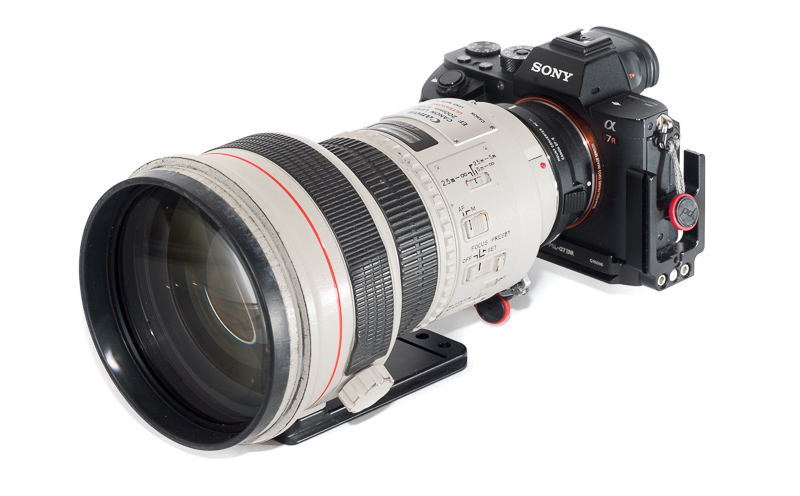
The Canon EF 200mm 1.8 L is one of the most extreme tele lens designs and while almost 30 years old it hasn’t been surpassed in terms of speed since. Also known as the “Eye of Sauron” it has already become a legend, so let us find out what is so special about this lens…
Sample Images


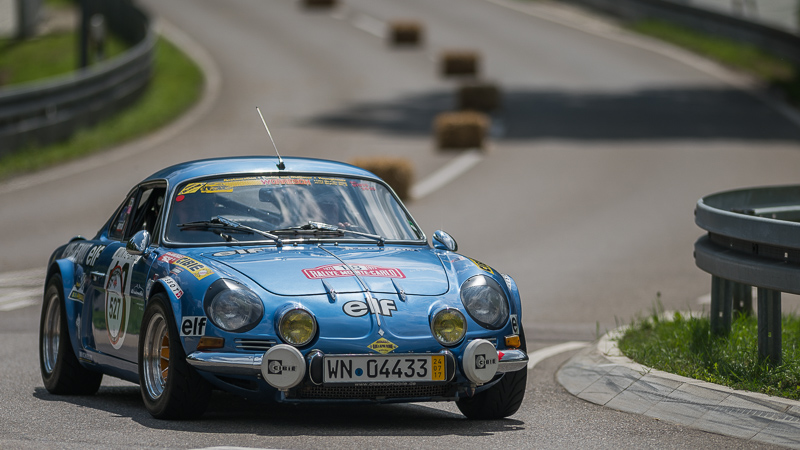
You can find most of the shots in this review in full resolution here.
Specifications / Version History
This lens is one of a kind, well not entirely: there have been a few lenses produced with the same optics but FD mount, but they are even more expensive. The successor is the Canon EF 200mm 2.0 L IS which is a third of a stop slower but offers IS. This lens being reviewed has the following specifications:
-
- Diameter: 130 mm
- Field of view: 12° (diagonally)
- Length: 208 mm
- Weight: 3020g + Hood 315g
- Filter Diameter: 48 mm drop-in
- Number of Aperture Blades: 8
- Elements/Groups: 12/10
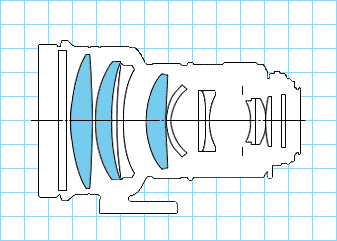
- Close Focusing Distance: 2.5 m
- Maximum Magnification: 1:11.2 (1: 6.5 with EF12 II extension tube)
- Mount: Canon-EF
You may also have a look at Canon’s official page.
You can get one used for roughly 3000$/3000€ on ebay.com (affiliate link) but they are pretty rare so it might take some time finding one.
Handling / Build Quality
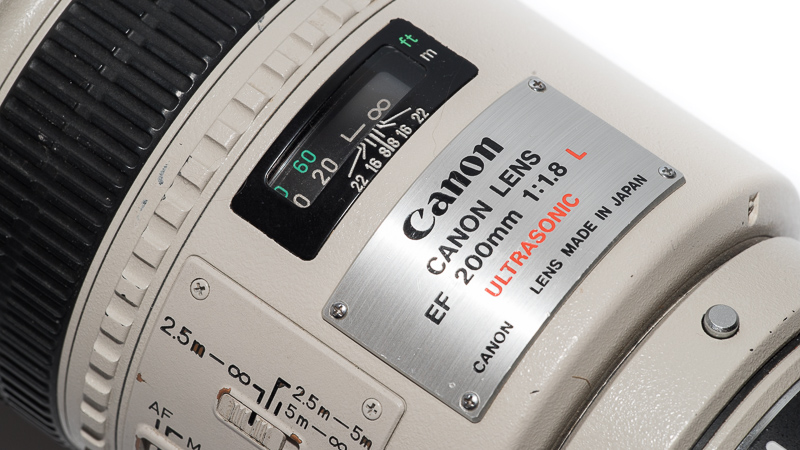
The lens is one of Canon’s L grade professional lenses so you would expect very good build quality and handling and the lens certainly doesn’t disappoint in that respect. The outer casing is made of metal as is the huge lens hood.
The lens incorporates a focus-by-wire system, so when not mounted on a turned on camera, moving the focus ring won’t have any effect. If you are a regular you know I barely miss a chance to complain about focus-by-wire, but this lens made me realize something: a good focus-by-wire implementation is actually possible. It already existed 30 years ago.
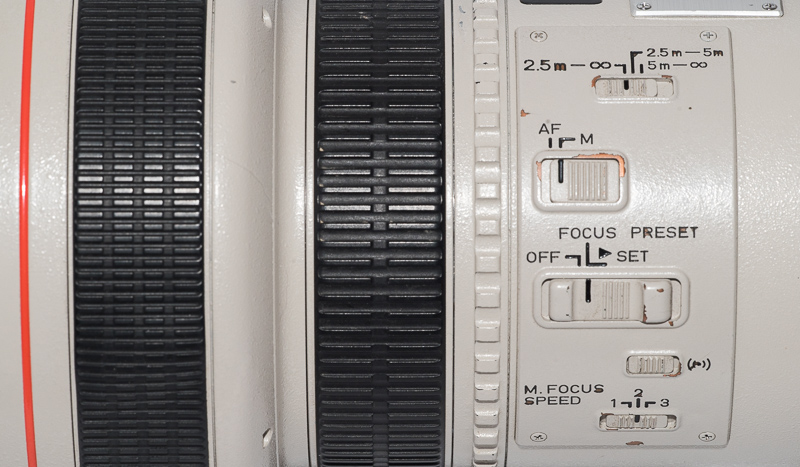
There is a linear coupling without slack even when changing the direction of rotation. Not only that but by a small lever you can adjust the manual focus speed, this is a really nice touch and these adjustment option makes actual sense, depending on what you want to shoot.
Slow (1): 720° from 2.5 m to oo
Standard (2): 360° from 2.5 m to oo
Fast (3): 180° from 2.5 m to oo
There are some more switches: AF <-> MF, focus hold, focus limiter, and focus confirmation beep on/off.
The lens also features a floating elements design and nothing moves externally.
The lens hood is very big but also very sturdy. Unlike on many other shorter lenses I often use these super tele hoods as they are all quite prone to getting hit by stray light. There is also a non removable (but rotatable) tripod collar. I exchanged the original foot for an RRS arca swiss foot.
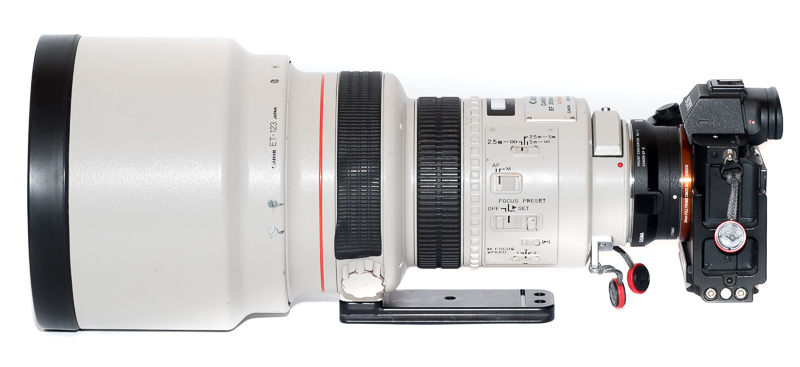
It certainly is a challenge to use this lens without a tripod for a longer period of time, but it is nevertheless possible. Despite the obvious size and weight penalties I found nothing wrong with it in terms of handling.
Autofocus
I have tested this lens with the Sigma MC-11 (300$, affiliate link) on the Sony a7rII, which works quite well and is snappy in decent lighting conditions as there is rarely any hunting even when going from infinity to the minimum focus distance.
Beause of the fast maximum aperture even in dimly lit situations the AF worked quite okay.
I also tried the Metabones Speed Booster T but AF didn’t work at all: there was a lot of hunting but it never hit. I am not sure if this is also the case with the normal Metabones adapter and/or if there has been a firmware update in the meantime.
Vignetting
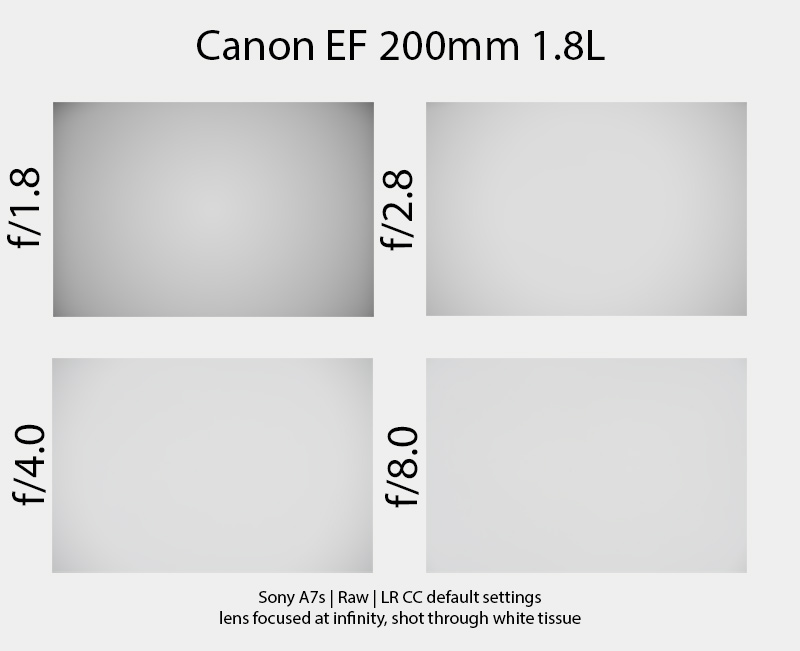
Wide open there is visible vignetting of roughly 2.0 EV, stopped down to f/2.8 only 1.0 EV, stopped down to f/5.6 it is already negligible with 0.5 EV and further improves to 0.3 EV at f/8.0. There is no Lightroom profile for this lens but the one for the Canon EF 200mm 2.0 L IS works quite okay.

It is recommended to have a look at this article first to get an idea how this brightness graph works.
Sharpness
infinity
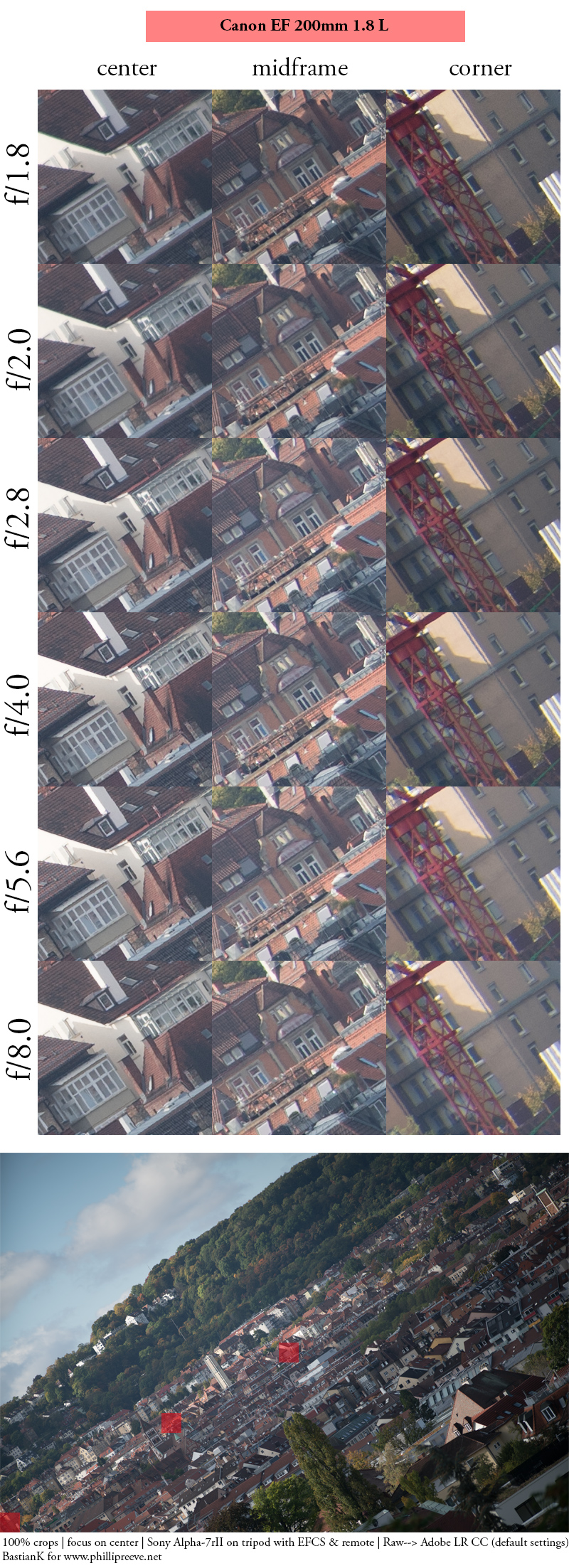
Wide open the lens is already fully usable right into the corners, as I would expect from a lens in this class. Stopping down to f/2.8 boosts contrast and edge acuity quite a bit but I wouldn’t hesitate using this lens wide open at all. This is still an excellent performance, even more so considering the lens design dates back 30 years now.
The exposure of the f/1.8 and f/2.0 corner crops has been lifted in post.
To put things into perspective here: the lens is not as contrasty wide open as the very best modern lenses in class (which would only be Nikon AF-S 200mm 2.0G VR and Canon EF 200mm 2.0 L IS), but there is still more than enough resolution for everything I could think of and it is probably better wide open than most modern zooms ever get stopped down.
close focus (2.5 m)
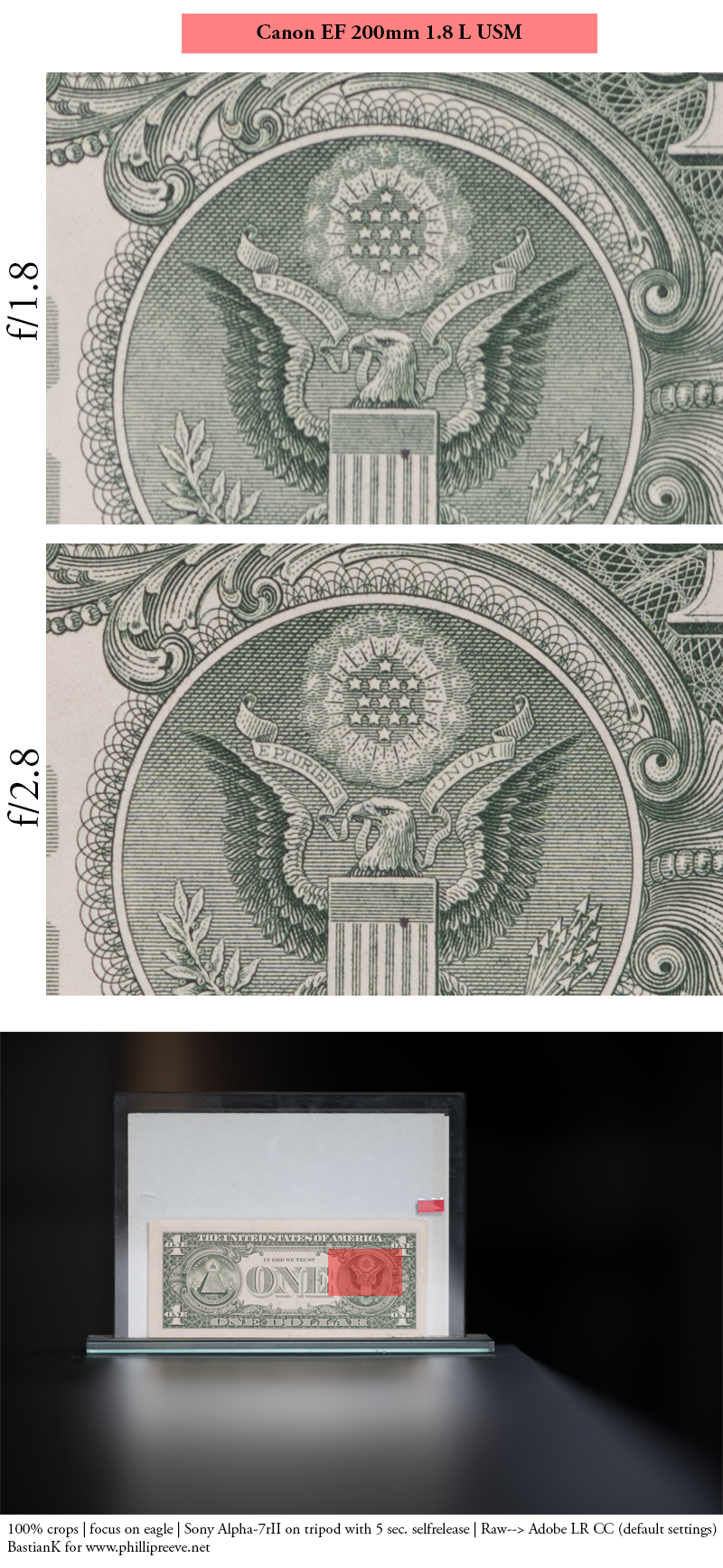 A minimum focus distance of 2.5 m is not really great for a 200mm lens. Nevertheless, the quality is alright wide open and improves to very good levels on stopping down to f/2.8.
A minimum focus distance of 2.5 m is not really great for a 200mm lens. Nevertheless, the quality is alright wide open and improves to very good levels on stopping down to f/2.8.
close focus (wit EF12 II extension tube) 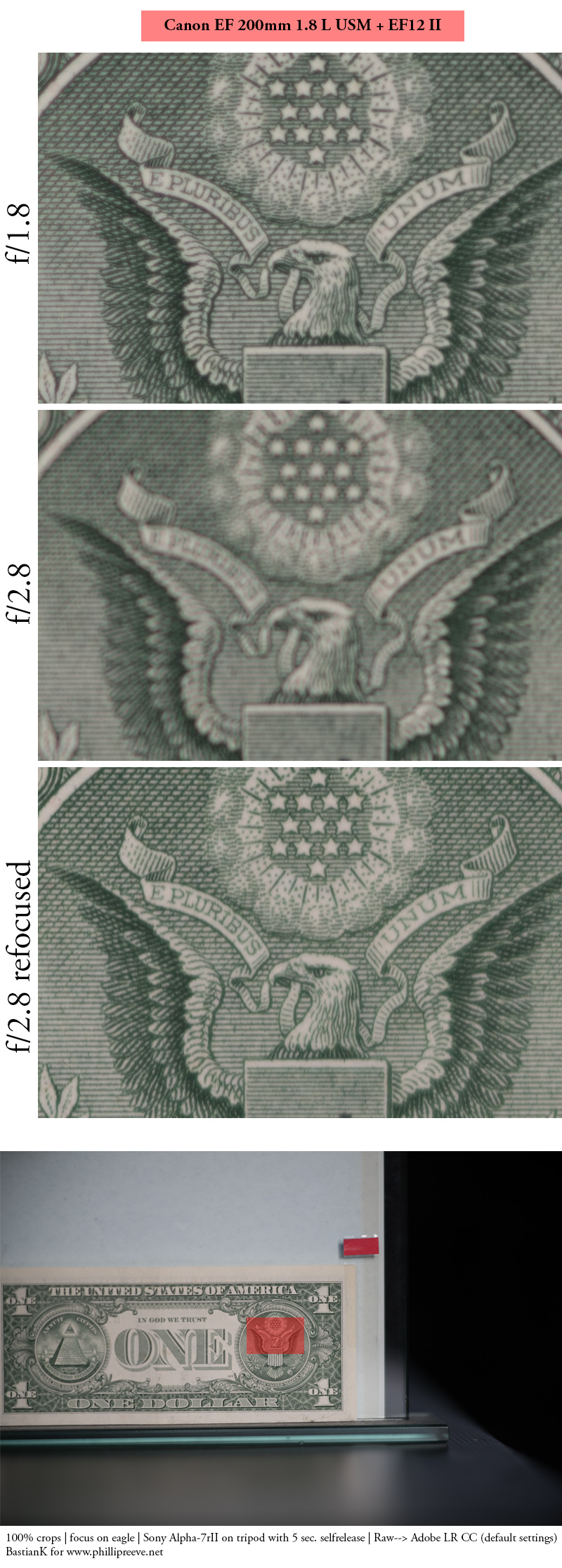 With the 12mm Canon extension tube things don’t look as rosy anymore. While you can significantly increase the maximum magnification (1:6.5 instead of 1:11.2) the performance really suffers. On top of that the lens now exhibits significant focus shift, which is quite the problem with adapted EF-lenses as you can’t magnify the image and use the aperture preview at the same time. So I can’t really recommend using extension tubes with this lens.
With the 12mm Canon extension tube things don’t look as rosy anymore. While you can significantly increase the maximum magnification (1:6.5 instead of 1:11.2) the performance really suffers. On top of that the lens now exhibits significant focus shift, which is quite the problem with adapted EF-lenses as you can’t magnify the image and use the aperture preview at the same time. So I can’t really recommend using extension tubes with this lens.
Flare resistance
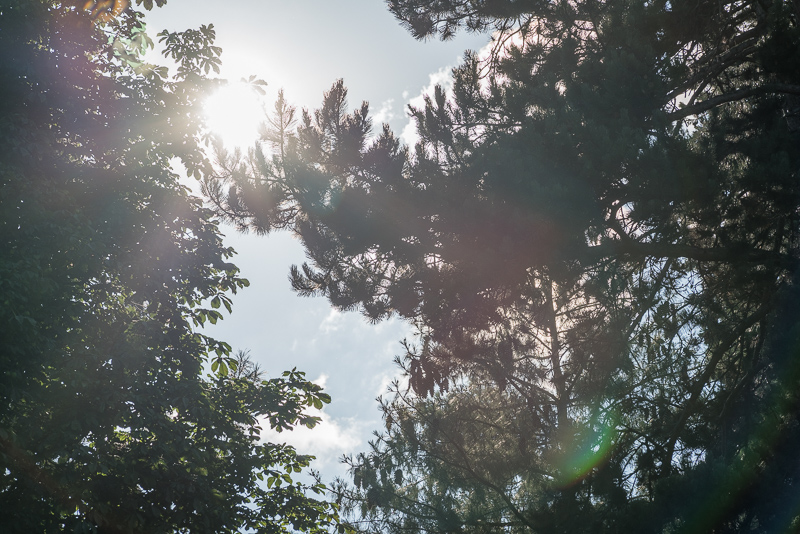
As is the case with most of the super tele lenses this is definetly a weak spot. With the sun inside the frame there can be a tremendous number of ghosts, with the sun outside the frame veiling flare becomes a problem and even the hood – despite being huge – can’t always help here.
And then sometimes you shoot straight into the sun and there are hardly any issues…
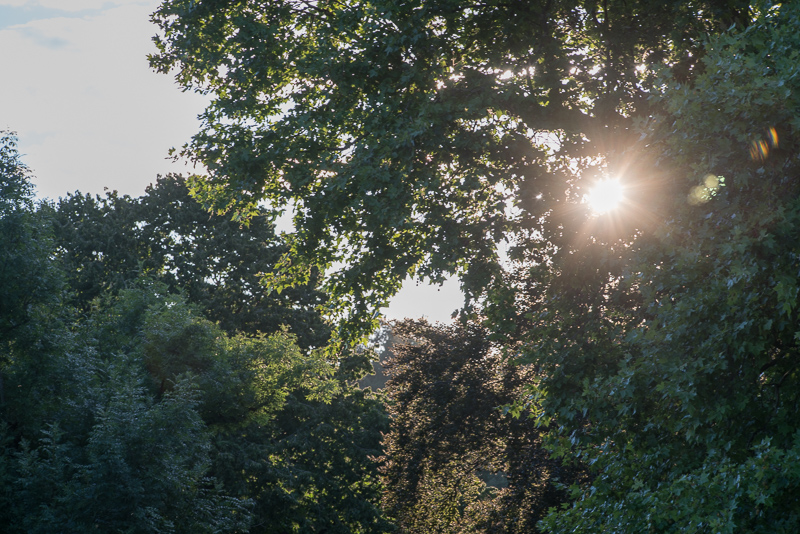
Distortion
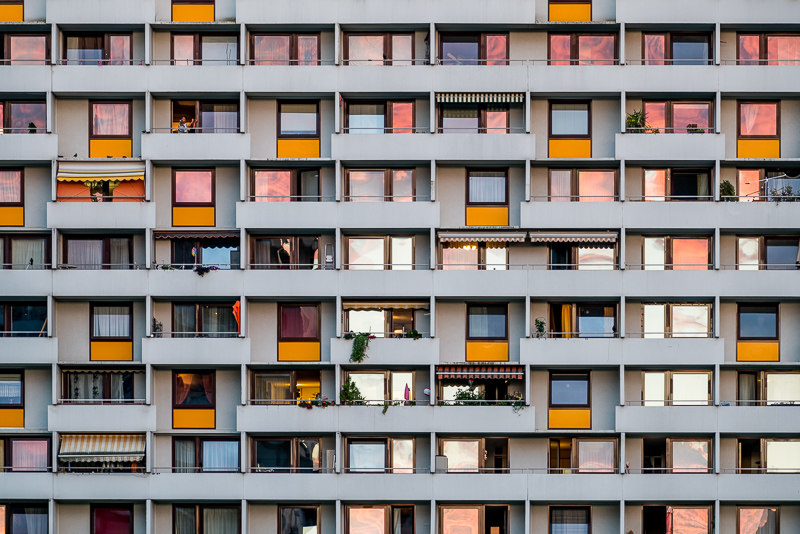
There is only an absolutely negligible amount of pincushion distortion with no field relevance. No correction was applied to the photo above.
Bokeh
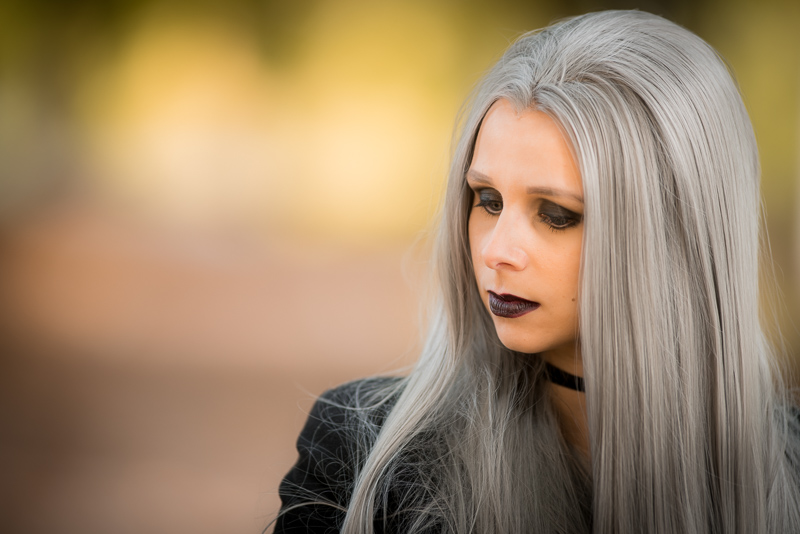
Simply spectacular. Its extraordinary bokeh is the reason this lens has become as famous as it is today. Backgrounds simply melt away and despite the obvious cat’s eye effect there are no distractions like outlining or even onion ring patterns. Just have a look at the sample images and let them speak for themselves.
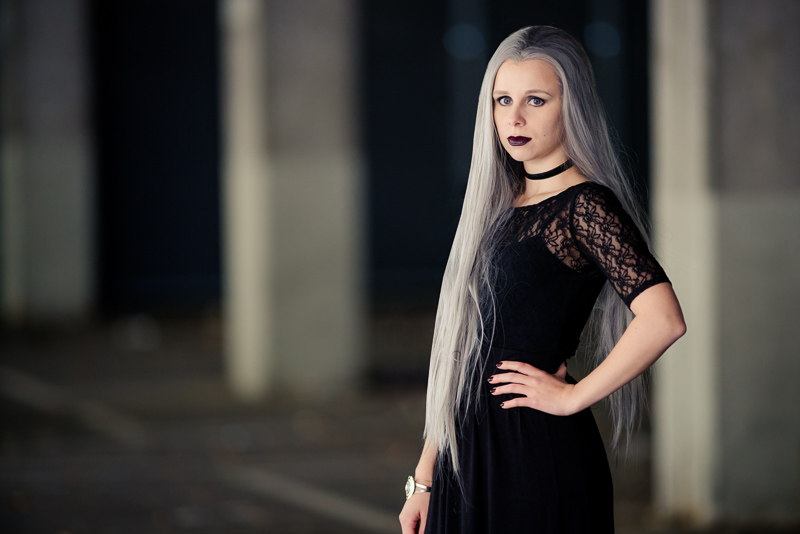
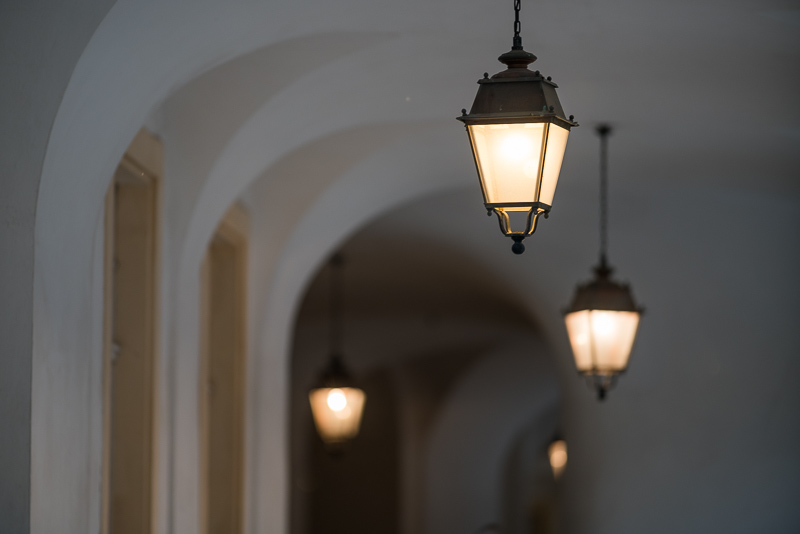
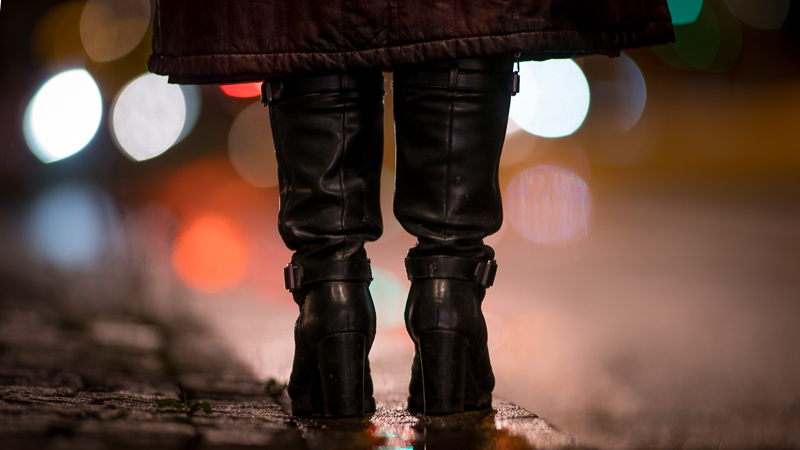
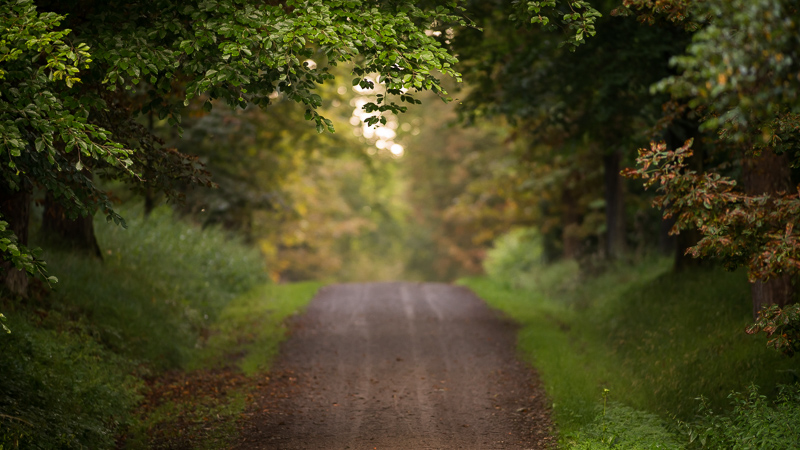
Stopped down the highlights exhibit very strange geometrical shapes. My guess is you needed pretty big aperture blades for a lens like this and some compromises had to be made.
Between f/2.0 and f/2.8 the highlights take on “saw tooth” shapes which look really strange, after that you get the Canon-octagon. So better shoot this lens wide open 🙂
Sunstars
At f/1.8 and f/2.0 there are no real sunstars, but from f/4.0 onwards they actually look quite nice: the rays have a constant length and they are not frayed. For further reference you can also have a look at out Best lenses for Sunstars article.
Chromatic aberrations
longitudinal
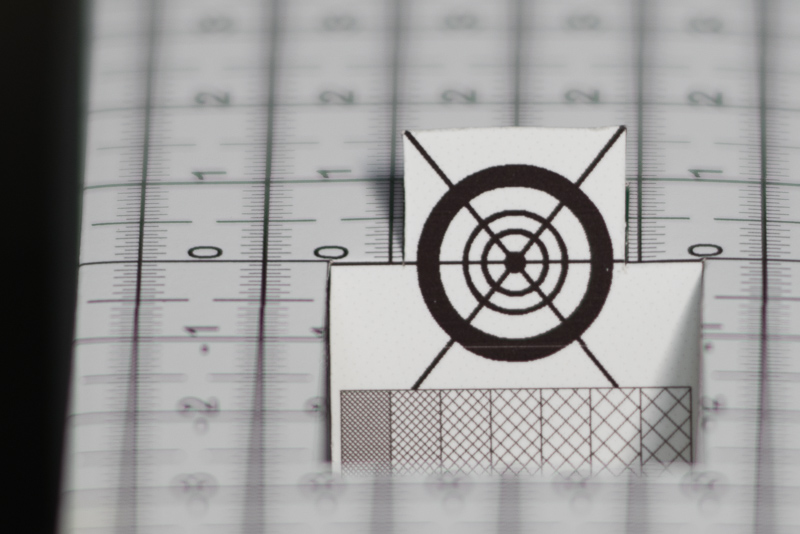
Slight longitudinal CA (loCA) are present in front of and behind the plane in focus, so we are not dealing with an apochromatic lens here (the Nikon AF-S 200mm 2.0G VR and the Voigtlander SL 180mm 4.0 Apo-Lanthar are apochromatic lenses). Still the problem is not overly pronounced here so I rate the performance as average.
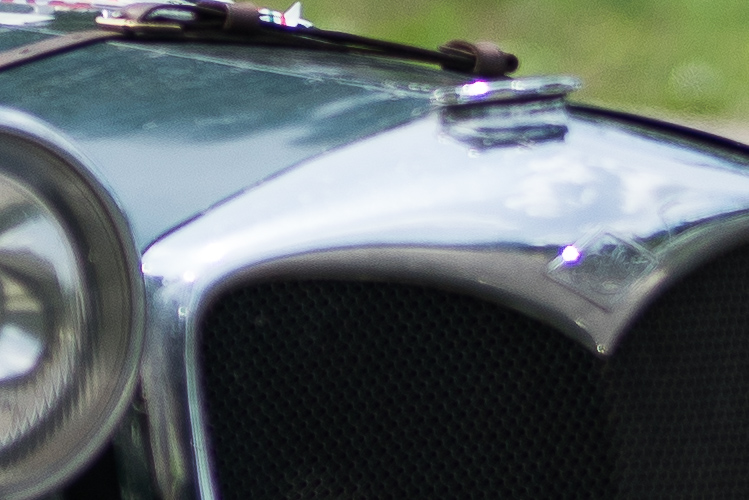
lateral
The lateral CA correction is not great. You can spot some near the edges and borders, and Lightroom sometimes failed to fully correct it. Still, for the intended usage of this lens this probably doesn’t really matter.
Alternatives
Auto focus:
Nikon AF-S 200mm 2.0 G VRI(I):
I was using one of these on my Nikon DSLRs. Unfortunately adapting Nikon glass to E-mount cameras does not work as well as Canon glass. This is also pretty much the reason I sold it.
Apart from that I think the Nikon is the better lens in most categories. While it is a third of a stop slower it is a true apochromatic design and contrast seems to be slightly higher as well.
Price range: 3000$ (VRI used) to 5700$ (VRII new)
Canon EF 200mm 2.0 L IS:
I did not yet get the chance to try one of these. From what I have read it is as good as the Nikon lens mentioned above. It might be your best option (in terms of availability) if you are looking for such a lens to use on your E-mount cameras with AF.
Price range: 4600$ (used) to 5700$ (new)
Manual focus:
Nikon Ai-S 200mm 2.0 ED:
This might be the optically least impressive of the bunch but it is also the most affordable. From what I have seen sharpness wide open isn’t as impressive and it has the worst loCA correction.
Price range: 1700$ to 2500$
Contax/Yashica Zeiss Aposonnar 200mm 2.0 T*:
I barely know anything about this lens. If you happen to own one drop me a note 🙂
Price range: 3500$ to 4500$
Olympus OM Zuiko 180mm 2.0:
This is a very rare lens but I finally managed to find one. It is the lightest of the lenses mentioned here and by at least 1 kg so. It also offers the highest magnification and on top of that it seems to be a little more contrasty than the Canon reviewed here (in the center), but loCA correction is on a very similar level.
Price range: 2500$ to 5000$
Leica APO-Summicron-R 180mm 2.0:
This is the most expensive lens in this class. Today most of them are probably in some collector’s showcases and therefore I can’t tell you much about it. If it is a true apochromatic design it might be – in terms of optical quality – the best manual lens in this class, but I will probably never find out.
Price range: I have only seen one for 7000$ so far
Canon nFD 200mm 1.8 L:
Same lens as the one reviewed here but with manual focus only and FD mount. Very rare!
Price range: I have only seen one for 8000$ so far
Conclusion
good
|
average
|
not good
|
This is still a spectacular lens, but it comes at a price. Not only because if is far from cheap but also because it is very heavy and bulky. I strongly recommend a decent monopod and tripod to make full use of it.
In terms of bokeh it has not been surpassed by its successor. A maximum aperture of f/1.8 in a 200mm lens is just staggering!
But in terms of sharpness, contrast and CA correction it probably has been slightly surpassed by its successor. For portrait applications I might in fact prefer this one though, as skin is rendered very nice and soft.
On the used market the newer version is still roughly a grand more, but it might make sense investing that if you really need a lens like this on a regular basis.
The spare parts situation with this lens is an issue. From what I have heard Canon is not really interested in repairing these, but there seems to be a repair shop in the US who has a good rate of fixing these. Keep that in mind before pulling the trigger.
Unfortunately this is a problem with many older super tele lenses and will probably also be one with the current ones a few years down the road (maybe even more so, as with IS in newer lenses there is another electronic part that can break down).
I will have a look at the Zuiko 180mm 2.0 soon, which has fewer electronic components 😉
If you can live with that risk this might still be the best portrait lens there is, that bokeh is nothing short of spectacular! Furthermore this is one of a kind, there hasn’t been a new 200mm 1.8 since and at the moment I doubt there will ever be one again…
You can get one used for roughly 3000$/3000€ on ebay.com (affiliate link) but they are pretty rare so it might take some time finding one.
Sample Images
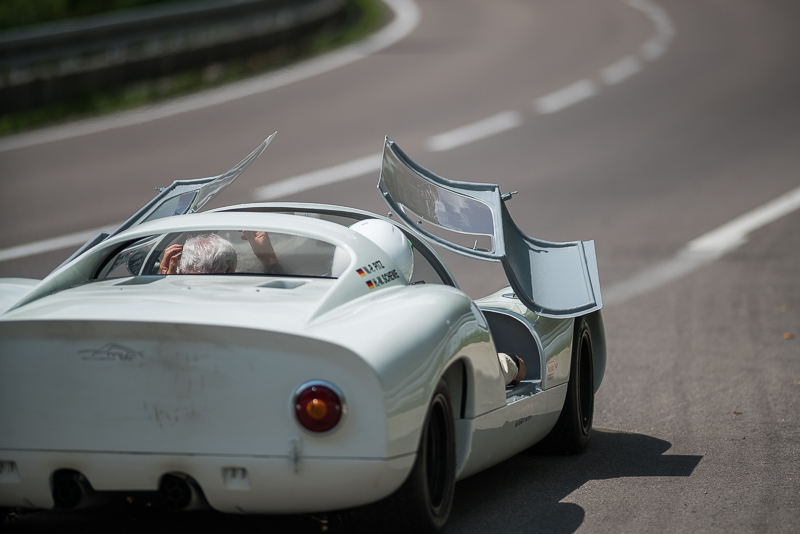

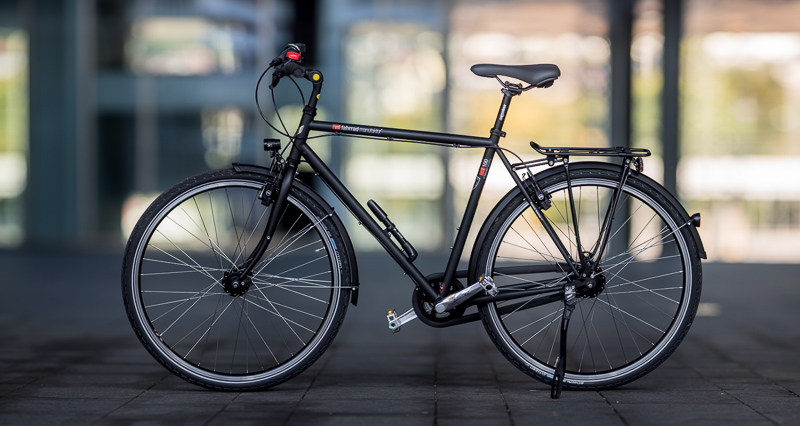
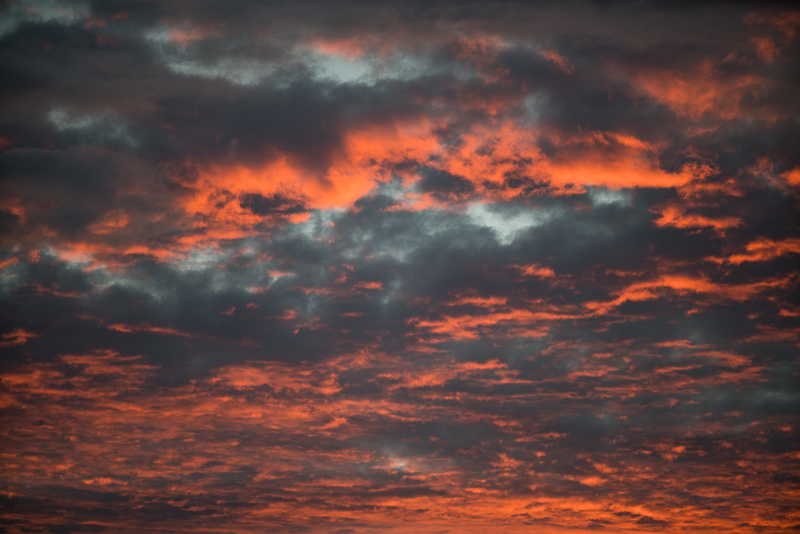
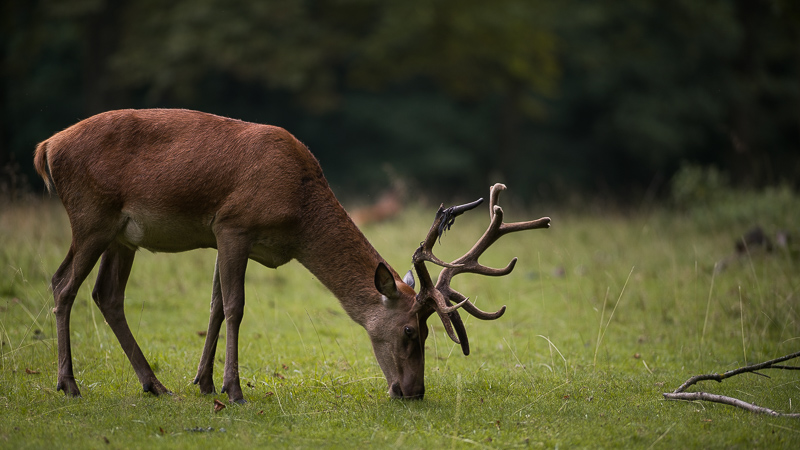
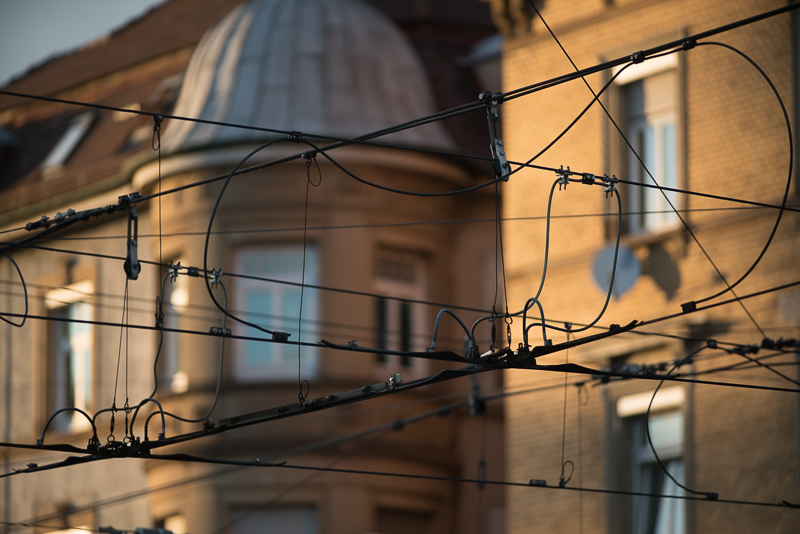

You can find most of the shots in this review in full resolution here.
Further Reading
- Leica Summicron 90mm 2.0 pre Asph Review
- Voigtlander 10mm 5.6 Hyper Wide Heliar Review
- Canon nFD 135mm 2.8 Review
Support Us
Did you find this article useful or just liked reading it? Treat us to a coffee!
![]()
![]()
![]() via Paypal
via Paypal
This site contains affiliate links. If you make a purchase using any of the links marked as affiliate links, I may receive a small commission at no additional cost to you. This helps support the creation of future content.
Latest posts by BastianK (see all)
- Analogue Adventures Part 42: A wedding with Eastman Double-X 200 - July 2, 2025
- Vivo X200 Ultra – The Death of the compact Camera - June 29, 2025
- Review: Laowa 12mm 2.8 AF - June 26, 2025
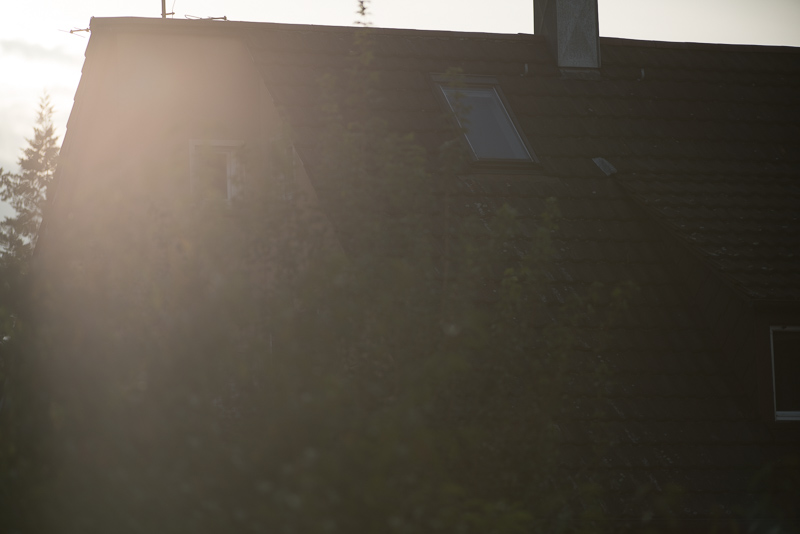
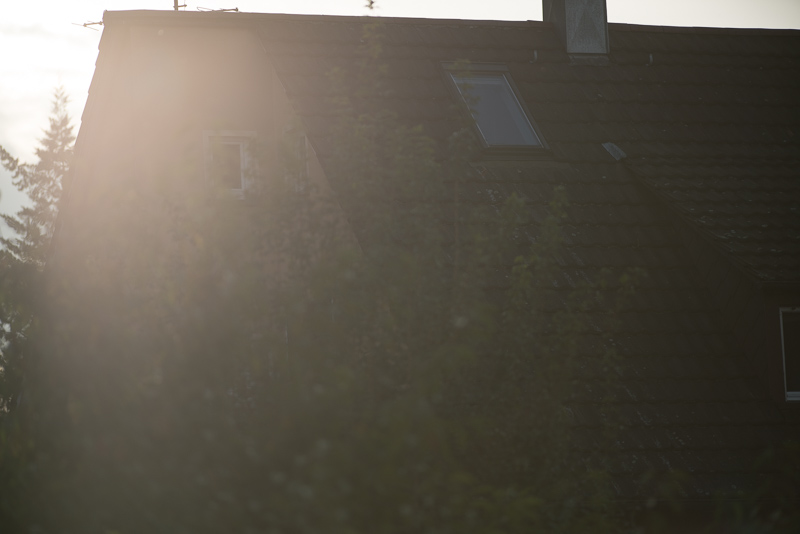
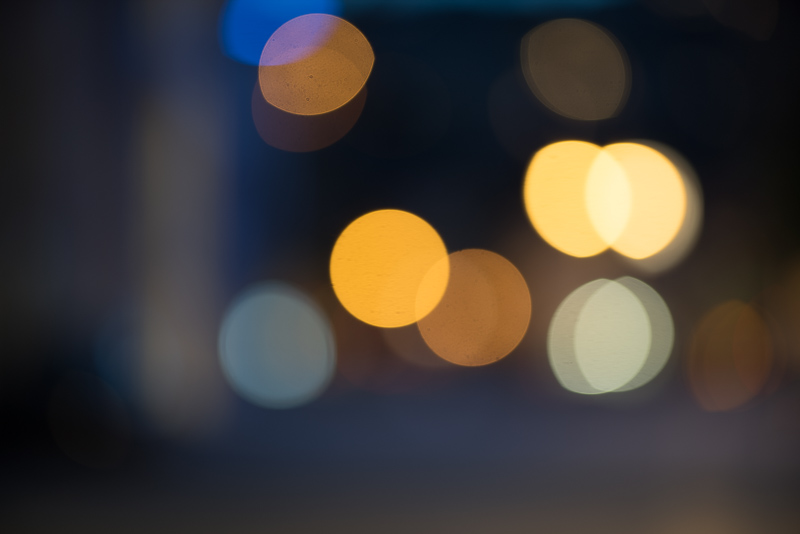
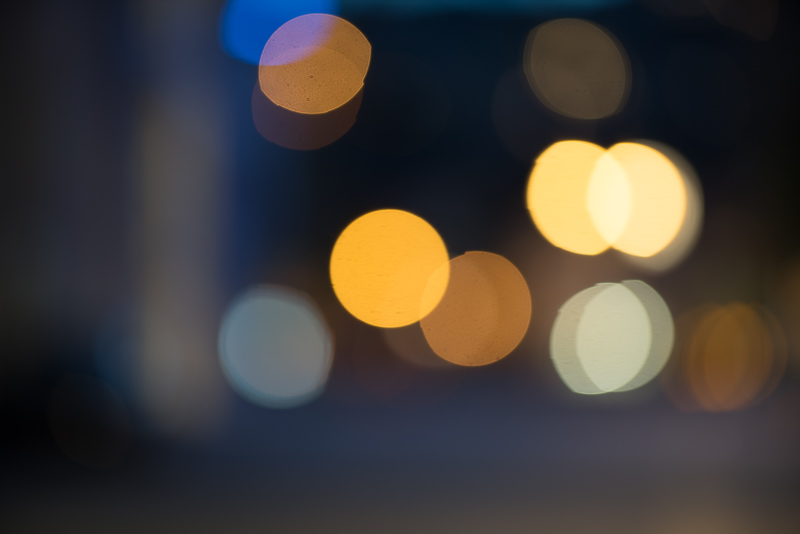


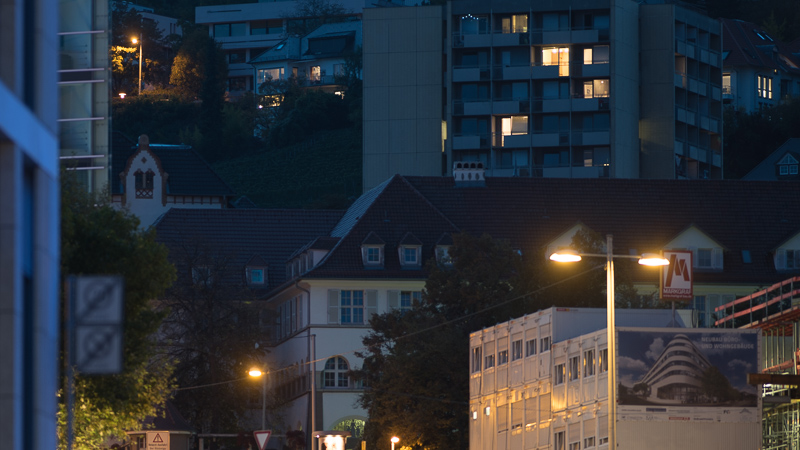
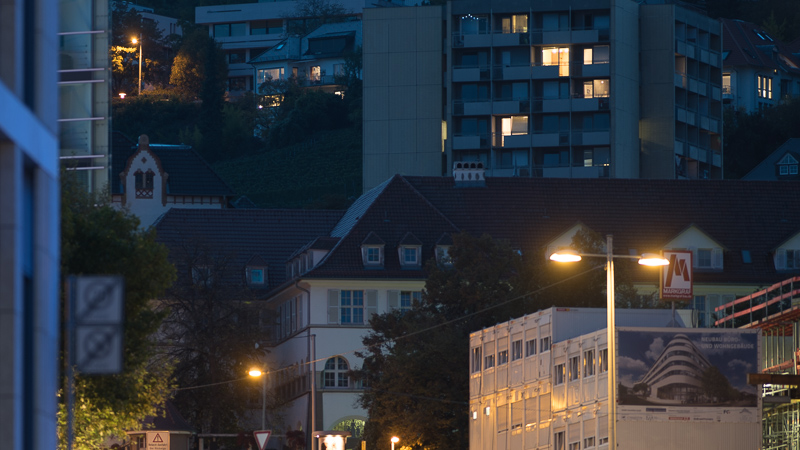
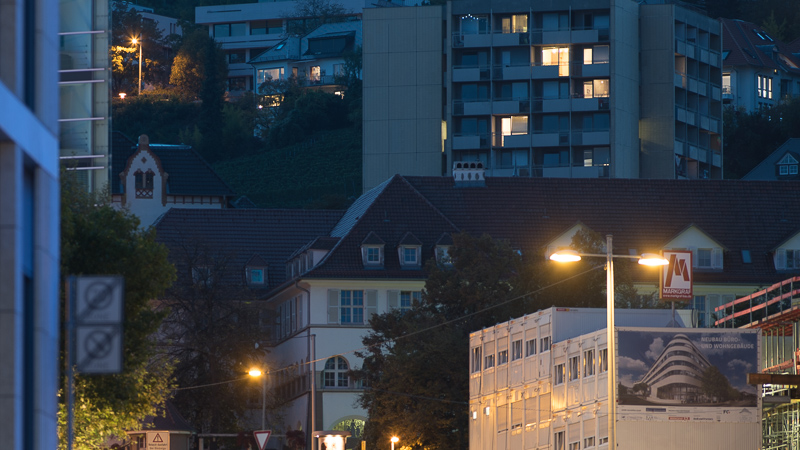
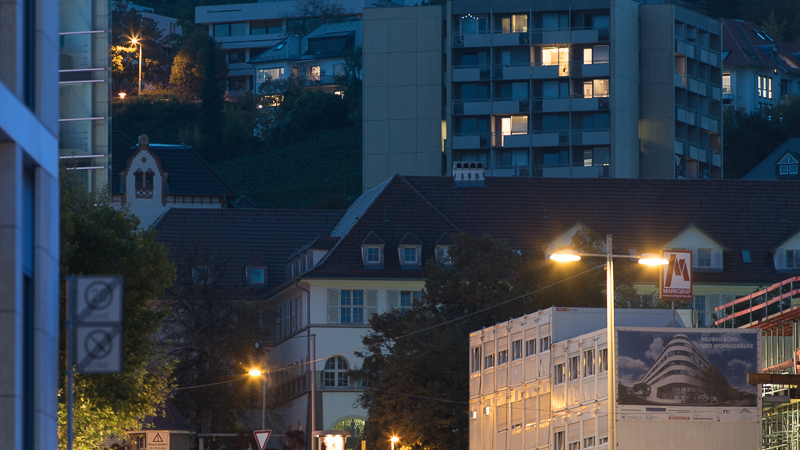
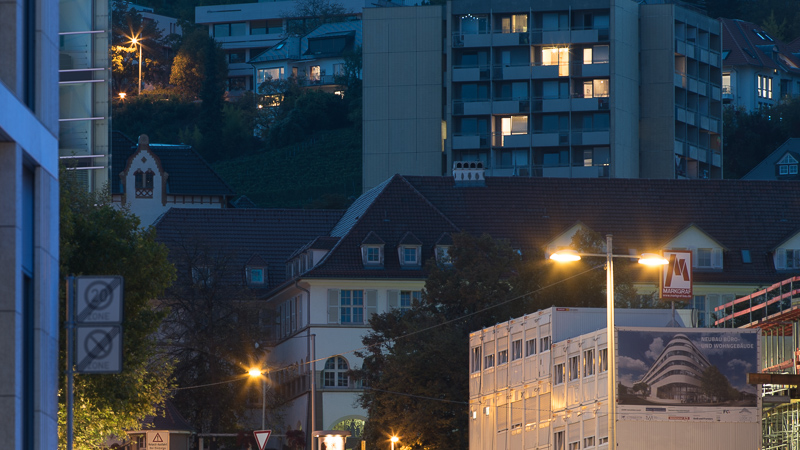
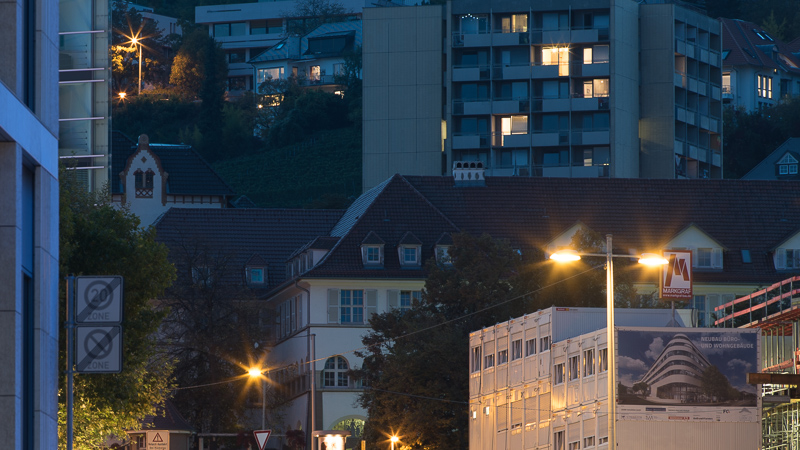
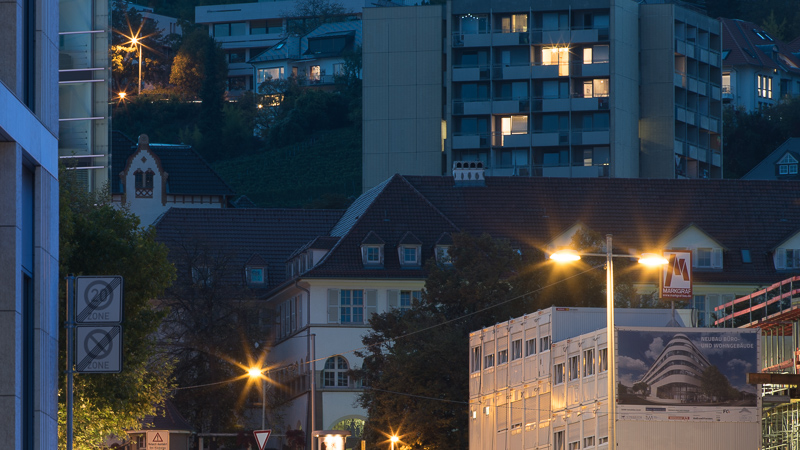
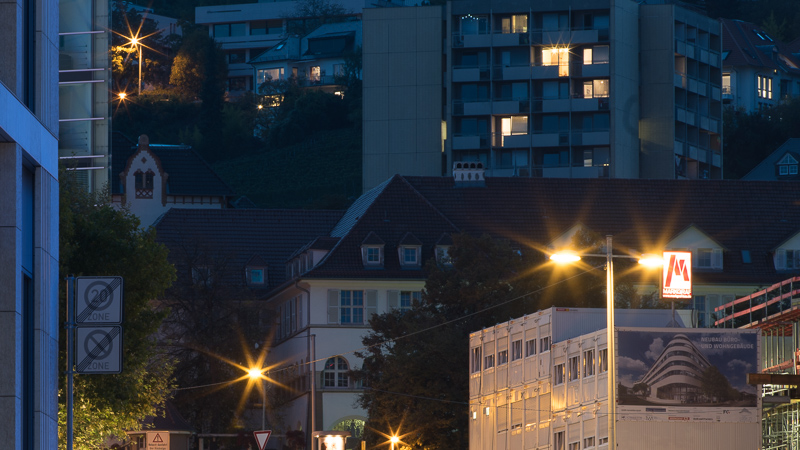
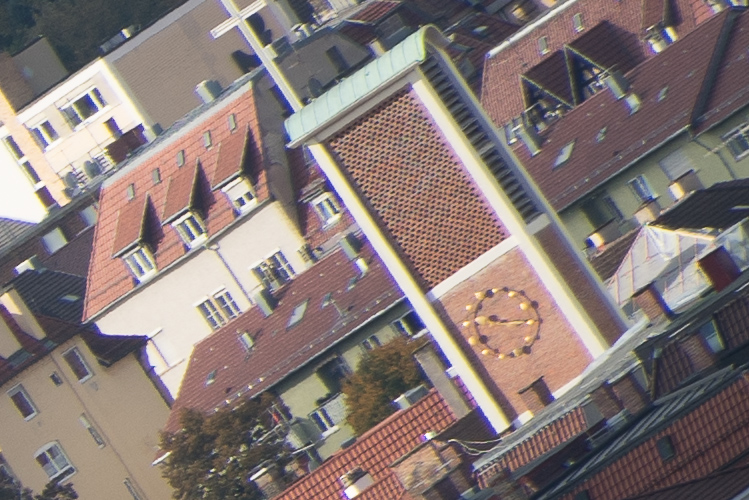
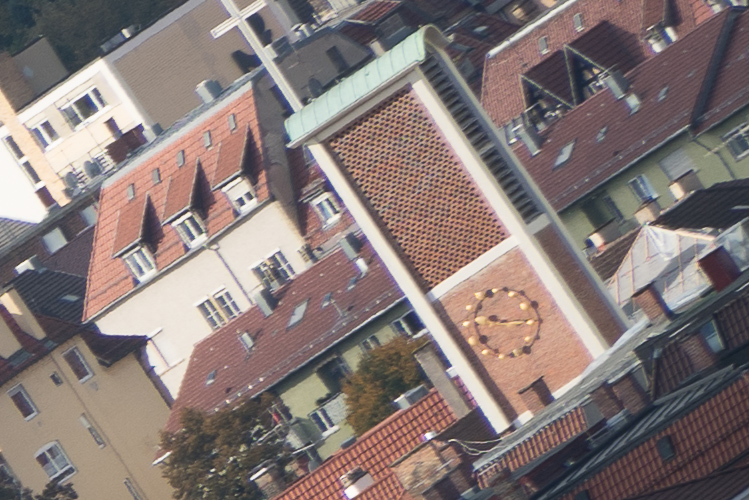
I have both EF and FD versions, they’re the same optically, but my FD lens is weaker in term of flare resistance since it has some fungus inside. The good thing about the FD version is it will be safer than the EF. Once the AF motor dies, the EF lens cannot even change the focus foint. I can use the FD version with TechartPro on my A7ii and the MFD can be improved a bit.
I am not sure if the lens elements are grinded exactly the same, but if they are you can put the better lens elements in the FD lens once the motor of the EF dies 🙂
That’s what I thought when I came across the FD in a super lucky incident. I cannot find any information of the lens arrangement but they both have 12 elements in 10 groups and the FD was made as limited version after the EF was announced, so it’s likely they’re only different in the motor part.
By the way, your review is really great and comprehensive. The only thing I would add if I were you is emphasizing the performance of this lens for full body portrait, that’s where the lens shows the best of its power. For half body or shoulder portrait, it’s better than f/2.8 lenses but it’s not too much difference to see in the background, they’re all very blurry already.
Le Minh, here you can find the lens arrangement of the FD200 1.8.
It states that the EF has the same design.
http://www.marcocavina.com/articoli_fotografici/Canon_200_1,8L_con_FD-EOS_converter/00_pag.htm
Cheers Matteo
У меня EF вариант почти 12 лет по номеру срок изготовления декабрь 1995г. Работает отлично,я к тому что не нужно пользовать его при низких температурах и во влажную погоду и тогда ни грибов ни глюков не будет и на ваш век хватит…Если что то ведь есть пикинг.
Awesome lens! Very expensive too 😀
The main problem with this lens is that at some point the AF motor will die and then it’s not just a single focal length lens, but also a single focal distance lens, too.
I’ve never been sure how much that ought to be worth…
Thing is, at some point this will happen to every focus-by-wire lens.
If anyone buying a 70-200mm 2.8 GM for the same price is aware of that? Hmh…
Wouldn’t this also be a problem with all lenses with electronically controlled apertures (no aperture rings)?
This is my dream lens. I have considered selling my Sigma 135mm 1.8 Art ( as amazing as this lens and copy is) and my fantastic EF 300mm 2.8 non IS, in order to get the 200mm 1.8 !
ja comprou Gabriel ?
tenho uma me chame no zaP
61 986162225
Damn what a dream lens. The FD version is so high on my wishlist, but I’m sure I will never own one. I know I won’t use it enough, mostly to impractical size and weight. I’m more likely to spend such kind of money on the Leica R 180/2.8 Apo.
Btw. you should review some more Leica R lenses.
Thanks for that awesome read!
It is not that I have a closet full of Leica R lenses 🙂
And from what I have seen so far only the expensive ones (often the ones that come with “Apo”-tag) are good performers…
Ok I thought you own them all 😉
Yes the APO seem to be the outstanding ones. I own the 100 Apo Macro and it is fantastic. But also some cheaper ones 35 & 50 summicrons, or even summilux, 60 Macro, 90 Elmarit or Summicron would be interesting.
I personally own, or owned:
19/2.8 v2 – Fantastic, but I like my Loxia 21 more
60/2.8 – good (already offerd Philipp to loan)
100/Apo – Simply Outstanding (you could review my sample, but I can’t live without it for a week)
135/2.8 – average
A damn fine lens. Not sure I’d ever spend the money for it though. Great review.
What I like about Bastian’s reviews is the versatility of subjects. Great one!
For me, the lens is too big, heavy and expansive. I’m rather thinking to enhance my range with a small MF F/4 or AF zoom 70-200. Let’s see, no rush.
Thank you 🙂
Your idea of replacing the awkward front collar with an Arca plate is a good one; very hard lens to handle in a full Canon body, I use it extensevely on film bodies and terrific for full figure, otherwise the 200/2.8 is very good for portraits preferring the 300/2.8 overall, I have tried it on my A7R but was not remotely satisfied with handling it at all. Nice photos & great review as always, thank you kindly.
I own a 200mm Zeiss Apo Sonnar. A very nice lens indeed. Very heavy also.
A lens one can rarely find any information on, can you share some samples?
Hey Claire,
How is the background bokeh on the CY 200/2? Can you give me any other info about the lens in terms of user experience? Sharpness, quirks, etc? I’ve read the background bokeh is problematic.
Thanks!
Alexi
I will shoot some in the next few weeks.
Great review, Bastian, and a good photos, as always!
I own Canon 200mm f/2L IS USM and if you liked Canon 200/1.8 – you will be delighted with 200/2: it 500gr lighter, has ideally round diaphragm on any numbers, 200/2 MFD is only 1.9 meter (200/1.8 is 2,5 meters) and 200/2 has huge fluorite element, wich means clear picture and superb colors.
Not that long ago I reviewed the 200mm 2.0 L IS.
Hi
I use the same lens on Sony A7Rii
I have the Sigma MC-11 and the Metabones v version
On the Metabones it does eye focus really fast with single shot, but with continues focus it will not find the focus.
I use it hand held for hours with no problem.
hello Bastian,
I managed to get my hands on one of the extreme rare Canon 1,8/200 L with fd-mount. This means it has an aperture ring and can be focused fully manual without that terrible drive by wire focus. If I don`t shred this lens, it should last some more decades…
Compared to the vintage Nikon IFED 2/200 it delivers more contrast and ist more flare resistant, also it has less CA`s. Comparing it to its longer brother, the Canon Fd 2,8/300 L it is a tad more contrasty and also a bit sharper. I enjoy using this lens and I whish Canon would have built a little more of this fantastic lenses. Some sources say that only about 200 were built of the fd version.
Best regards,
Christian
Hi Bastian,
Thanks for the valuable review. Myself a EF 200 1.8L owner, I was wondering what adapter model you used to have it mounted on your Sony body. Pros and cons of that adapter?
In fact, I would be interested to hear what made you choose that Sony camera instead of a genuine Canon body.
Greetings.
In the “Autofocus” Section I talk about the adapters that I have been using.
At the time I wrote this Canon did not have any mirrorless cameras, but the world already moved on, so I wasn’t at all interested in any of their DSLRs.
Hi there,
I own the Contax APOSonnar and happened to see your review here of the EF 1.8/200.
Can be sure there the DOF and bokeh differences between these 2 lenses are huge!
Good Day!
Anakin
Hope I get to try it one day 🙂
I love mine, best Canon lens ever. I mostly use it for floral closeups.
I occasionally loan it to other photographers in the field and it brings tears to their eyes.